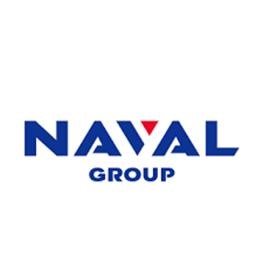Principle
Non-patented know-how represents a key part of a company’s value. The know-how is generally technical in nature but can also be commercial, marketing-related or organisational, etc.
Non-patented know-how cannot always be separately valued from a company’s goodwill under generally accepted accounting principles. Such know-how has, however, a real financial value to a prospective purchaser.
The non-patented know-how is occasionally subject to a licence agreement or a technology transfer agreement. The assessment of such know-how involves reviewing the financial conditions related to such transfer.
The scope of application includes:
- know-how acquisition or disposal;
- negotiations in conjunction with a collaboration or a merger in which each party contributes an element of know-how;
- internal restructuring;
- Purchase Price Allocation (PPA);
- specification or justification of the royalty rate or a know-how transfer;
- damages resulting from the unlawful disclosure or misappropriation of secret know-how.
Methodology
Non-patented know-how’s value is generally assessed on the basis of reproduction costs or through future earnings methods. To be relevant, the approach requires a detailed diagnosis of the content and the specificities of the know-how, including:
- identifying the know-how and analysing its strategic importance to the company (we will work alongside an external partner that possesses a detailed knowledge of the know-how’s technical aspects if needed);
- analysing the know-how’s commercial value internally (direct exploitation) and externally (licensing or transferring).
Our Work
Our work includes the production of a detailed report setting the nature and the financial value of the know-how assessed including its technical, commercial and financial mapping and recommendations on how to optimise its value.



